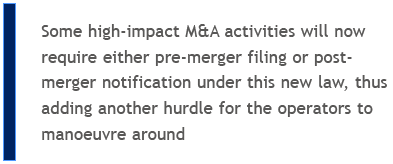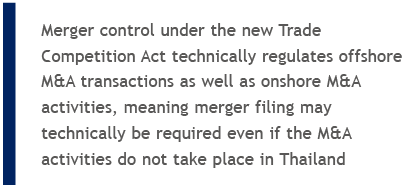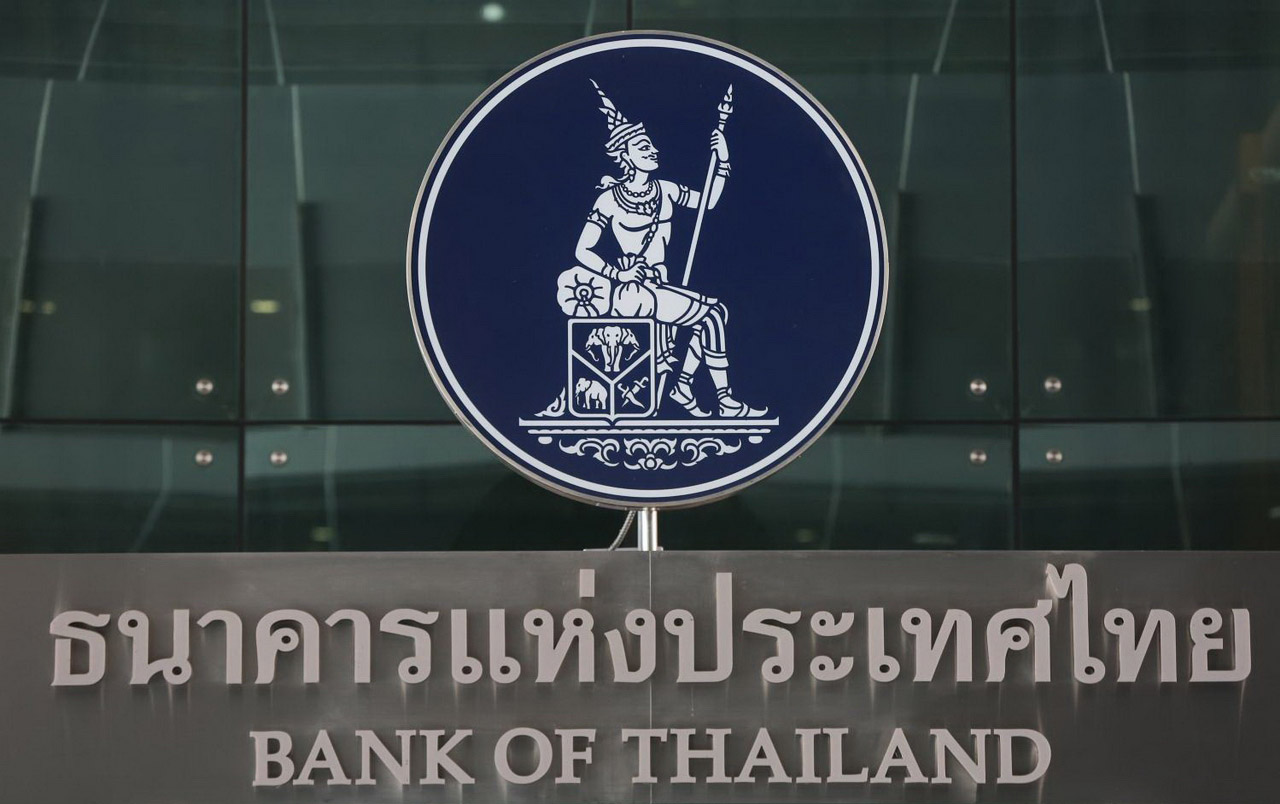 Published in Asian-mena Counsel: Mergers & Acquisitions Special Report 2019
Published in Asian-mena Counsel: Mergers & Acquisitions Special Report 2019
By Ratana Poonsombudlert and Pranat Laohapairoj, Chandler MHM
Corrupt practices, environmental breaches and merger filing are becoming more significant priorities for clients.
 What are current trends in M&A in Thailand?
What are current trends in M&A in Thailand?
In general, work mechanisms of and trends in M&A in Thailand have remained largely unchanged, except for noticeable enhanced consideration in the areas of compliance, anti-trust review and environmental breach. In the past, compliance with the law was just an ordinary part of the overall due diligence process. However, in the past year, more clients have been asking specific questions about corrupt practices by target companies, environmental breaches and most notably merger filing, suggesting that these issues have recently become an upgraded priority for clients when doing M&A in Thailand, and possibly elsewhere.
What significant changes have there been in regard to recent regulations that would impact M&A transactions?
The current government has introduced significant legislation in many different sectors to improve the ease of doing business in Thailand. Significantly, a new Trade Competition Act came into force in December of 2017, replacing its predecessor, which had been lauded for being ineffectual and unenforceable. At the end of 2018, secondary laws under the new Trade Competition Act were introduced. These secondary laws achieved a level of clarity that had previously been lacking under the old act. Most notably, some high-impact M&A activities will now require either pre-merger filing or post-merger notification under this new law, thus adding another hurdle for the operators to manoeuvre around.

What possible impact will the new Trade Competition Act have on M&A transactions?
Under the Act, if the contemplated merger (whether amalgamation, asset or share acquisition) between the two businesses results in the new business operation as being classified as a “dominant player”, then the merging parties would need prior approval from the Trade Competition Commission before proceeding with the merger. If the merger is approved, the Commission may prescribe certain conditions for the businesses to abide by, such as specific business undertakings, timelines for mergers, etc. However, if the contemplated merger would only result in a material reduction of competition in the market (pursuant to characteristics announced by the Commission), then the merging parties would only need to notify the Commission of the results of the merger within seven days after the date of the unification, and there would be no need for any pre-merger approval. This, in effect, will add another process to the overall M&A scheme and will require the parties to consider very carefully when and how exactly they want to proceed with internal factual consideration and subsequent filing, without jeopardising confidentiality and other related tasks. Furthermore, some transactional documents, such as MOUs or LOIs, may now need to add specific provisions in the case that such document is signed before the merger filing issue is fully considered and settled so that the parties can peacefully and smoothly part ways in case the merger is rejected by the authority.
What type of activities does the New Trade Competition Act cover?
The New Trade Competition Act generally covers five areas of market activities based on regulatory division. These include 1) dominant players; 2) merger control; 3) cartel regulations; 4) catch-all interference; and 5) cross-border activities. These five areas can, in turn, be lumped together to form three main groups of regulated activities, namely: 1) abuse of others, which includes both abuse by dominant players and those by smaller players, 2) merger control, which includes merger filing and approval, and 3) cartels, which includes same-market cartels, vertical cartels, cross-market cartels and even international cartels, although enforcement is practically limited to Thailand.
How does the New Act affect cross-border M&A transactions?
Merger control under the new Trade Competition Act technically regulates offshore M&A transactions as well as onshore M&A activities, meaning merger filing may technically be required even if the M&A activities do not take place in Thailand at all, such as when two foreign competitors amalgamate and both have competing subsidiaries in Thailand. However, the officers have publicly stated numerous times that they have no control or enforcement power outside Thailand and will not be taking any actions against any party outside of Thailand, in essence hinting that offshore M&A can take place without much consideration for Thai merger controls, as long as no part of the M&A transactions is effectuated in Thailand. This technical discrepancy, in any case, is an area that we are closely monitoring.

What are significant checklist items that in-house counsel needs to consider when doing cross-border M&A in Thailand?
As mentioned in our discussion about the new Trade Competition Act, in-house counsel must consider whether any contemplated M&A transaction would result in the new company being considered as a “dominant player,” and pay attention to the resultant company’s sales/value. The New Act includes significant penalties for failure to notify or receive pre-merger approval from the Trade Competition Commission. Penalties also may apply to directors, managers or responsible individuals for corporate entities that have violated the New Act, if such individual(s) had instructed that entity to enter into a transaction that violates the New Act or omitted to provide instruction that would have otherwise prevented violation.
In addition to the new requirements under the New Act, in-house counsel must be aware of existing restrictions on foreign ownership of Thai companies. Under the Foreign Business Operation Act (FBOA), a “foreigner” is prohibited from engaging in certain business activities without a Foreign Business Licence. A foreigner is broadly defined under the FBOA as:
- A natural person not of Thai nationality;
- A juristic person not registered in Thailand;
- A juristic person registered in Thailand with 50 percent or more of its shares held by a person specified in a. or b.;
- A limited partnership or registered ordinary partnership whose managing partner or manager is a person specified in a; or
- A juristic person registered in Thailand with 50 percent or more of its shares held by a person specified in c. or d.
It is important to note that the FBOA has a catchall provision that generally applies to almost all service business activities, even if such activity is not specifically listed under the prohibited activities list. There are also defined industries that are specifically exempted from the catchall provision. However, such business activities (for example: securities businesses, trust businesses, banking and insurance) fall under other laws and regulations (16 total separate laws) that impose other foreign ownership restrictions on those business activities.
The third aspect that in-house counsel should be aware of is restrictions on foreign ownership of land. Generally, foreigners may not own land unless specific laws/regulations would allow otherwise (approval from the Board of Investment or becoming a Concessionaire under the Petroleum Act). Land ownership of a Thai juristic entity involved in a merger that would result in that majority owned Thai becoming a “foreigner” should be considered. Land owned by the resultant foreign company needs to be disposed of within a year of the transaction without the proper approval to continue ownership.
![]()



























































 Chandler MHM Limited
Chandler MHM Limited Jessada Sawatdipong
Jessada Sawatdipong






